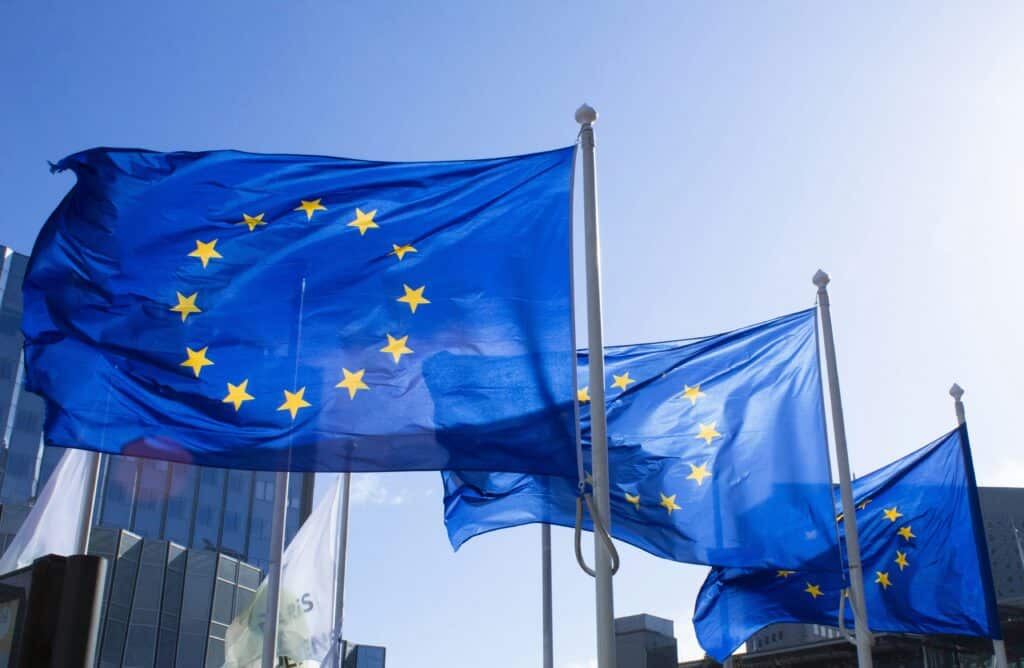Methane emissions: A Crucial Focus at COP29
This is the third installment of the Topic of the Month: Taking stock of methane emissions regulation
The Imperative of Climate Change Mitigation
Addressing climate change is undeniably a global imperative. The Conferences of the Parties (COP), as the premier decision-making body of the United Nations Framework Convention on Climate Change (UNFCCC) and the Paris Agreement, play a pivotal role in this effort. The upcoming COP29, scheduled to take place in Baku, Azerbaijan from November 11 to 22, 2024, represents a unique opportunity for progress. As a significant producer of oil and gas, Azerbaijan’s energy profile is predominantly fossil-fuel based, with extensive oil pipelines connecting it to European and global markets, and natural gas exports to the European Union through the Southern Gas Corridor. The COP29 Presidency lead, echoing the fossil fuel-centric approach of the COP28 Presidency held by the United Arab Emirates, falls to Mukhtar Babayev, a former executive of SOCAR (Azerbaijan’s state-owned oil and gas company) and the current Minister of Ecology and Natural Resources. Azerbaijan aims to bridge the gap between developed and developing nations, accelerating action towards the Paris Agreement objectives. The announced top priority will be a new climate finance goal that reflects the scale and urgency of the climate challenge. The COP29 Presidency is putting pollution, water shortages and technology transfer of clean technology to the developing countries as its other priorities.
The Tripartite Presidential Collaboration
For the first time, a formal cooperation mechanism among three successive COP Presidencies—UAE, Azerbaijan, and Brazil — has been established to support ‘Mission 1.5°C’. This initiative aims to maintain continuity, boost ambitions for upcoming nationally determined contributions (NDCs) due in 2025, and reinforce the implementation of previously announced measures. The goal is to ensure the 1.5°C threshold remains attainable. Given the current favourable political climate, it is crucial to direct adequate resources towards NDCs and enhance support for developing nations to ensure a just transition. COP29 is expected to reach an agreement on a New Collective Quantified Goal (NCQG) for climate finance, addressing the needs and priorities of developing countries — a monumental task for the Presidency. The commitment made in 2009, which aimed for developed countries to jointly mobilize $100 billion annually by 2020 for developing nations, sets a precedent for this effort.
Fossil Fuels and the Transition to Net Zero
COP28’s hallmark was the groundbreaking acknowledgment of the need to transition away from fossil fuels in a just, orderly, and equitable manner, targeting net-zero emissions by 2050. This global decision to start pivoting from a fossil fuel-dependent economic model underscores the significance of financing in the COP29 agenda. Although the agreement accelerates action this decade, it does not signify an immediate cessation of fossil fuel production and use. Instead, it necessitates the rapid reduction of direct emissions from the oil and gas industry, including methane emissions.
Methane Reduction: A Priority
Reducing methane emissions is paramount, as methane is a highly potent greenhouse gas, with over 80 times the warming impact of CO2 over a 20-year period, responsible for roughly 30% of the rise in global temperatures. The International Energy Agency’s Global Methane Tracker analysis shows that methane emissions associated with the extraction and use of fossil fuels amounted to 120 million tonnes (Mt) in 2023, remaining largely unchanged since 2019. The opportunity to significantly mitigate global warming in the short term is evident, especially in the oil and gas sectors, which account for a quarter of human-made methane emissions. While existing technologies can profitably reduce these emissions, the industry has historically lacked sufficient incentives to address this issue proactively. Voluntary actions have not led to substantial reductions, and regulations have been limited in scope. The COP process, however, has been instrumental in driving the change. The Global Methane Pledge (GMP), initiated at COP26 in Glasgow, aims to reduce global methane emissions by at least 30% from 2020 levels by 2030, with 155 countries now committed to this goal. The GMP participants cover roughly half of global anthropogenic methane emissions. Unfortunately, some large economies like China and India haven’t joined the Pledge. GMP has already seen important advancements. Over $1billion new grant funding for methane action has been mobilised in the time between COP27 and COP28. Many countries have adopted more stringent legislation. Still more efforts are needed from GMP members.
Facilitating Methane Reduction
At COP28, the International Methane Emissions Observatory (IMEO) announced the expansion of its Methane Alert and Response System (MARS), the first global system to link satellite-detected methane emissions with actionable notifications.
Over 130 companies, representing over 37% of the global oil and gas production, have joined the Oil and Gas Methane Partnership 2.0 (OGMP 2.0), committing to accurate and transparent methane emissions reporting. OGMP 2.0 provides measurement-based reporting framework, that provides a solid basis for methane mitigation actions. OGMP 2.0 member companies commit to reporting annually on their methane emissions using the most accurate methods and science-based measurement frameworks instead of using generic emission factors. Reported emissions are on an operated and non-operated basis across all assets, including company’s joint ventures.
The World Bank’s launch of the Global Flaring and Methane Reduction Partnership (GFMR) with $255 million in grant funding underscores the commitment to reducing oil and gas methane emissions in developing countries. Access to project development and financing support through GFMR will be contingent on commitments to achieve near-zero methane emissions by 2030, achieving zero routine flaring by 2030 and measure and report methane emissions through the Oil and Gas Methane Partnership 2.0 framework.
One of the main achievements of the COP28 Presidency was the launch of the Oil and Gas Decarbonisation Charter (OGDC). The OGDC is a global industry Charter dedicated to speeding up climate action and achieving high-scale impact across the oil and gas sectors. The 50 signatories represent more than 40 percent of global oil production, and majority of them are National Oil Companies (NOCs). It is the largest-ever number of NOCs to commit to a decarbonisation initiative. Signatories have committed to net-zero operations by 2050 at the latest, eliminate routine flaring and achieve near-zero methane emissions by 2030. It requires from the companies also commitment to transparency, to publish strategies for achieving the commitments , annual publication of their emission levels and “measuring, monitoring, reporting and verification” system to score the progress made. Giving the vast diversity of the global oil and gas industry, this is a significant accomplishment. While the commitments are voluntary and in case of some companies, reiterate already announced commitments, they are public and now subject to a some form of measurement and verification.
Looking Forward
The COP process has markedly advanced the global methane emissions agenda since COP26 and methane reduction earned a historic mention in the COP28 decision. Yet, the engagement of key economies and the expansion of efforts across the oil and gas industry remain critical. The launch of MethaneSAT, a satellite capable of measuring methane emissions across large areas, represents a significant technological advancement, enhancing transparency and regulatory efficiency. As COP29 approaches, maintaining focus on methane, including its inclusion in NDCs, is essential for meeting global climate targets. The challenge is formidable, but the momentum and tools at our disposal offer a path to significant progress in the fight against climate change.







